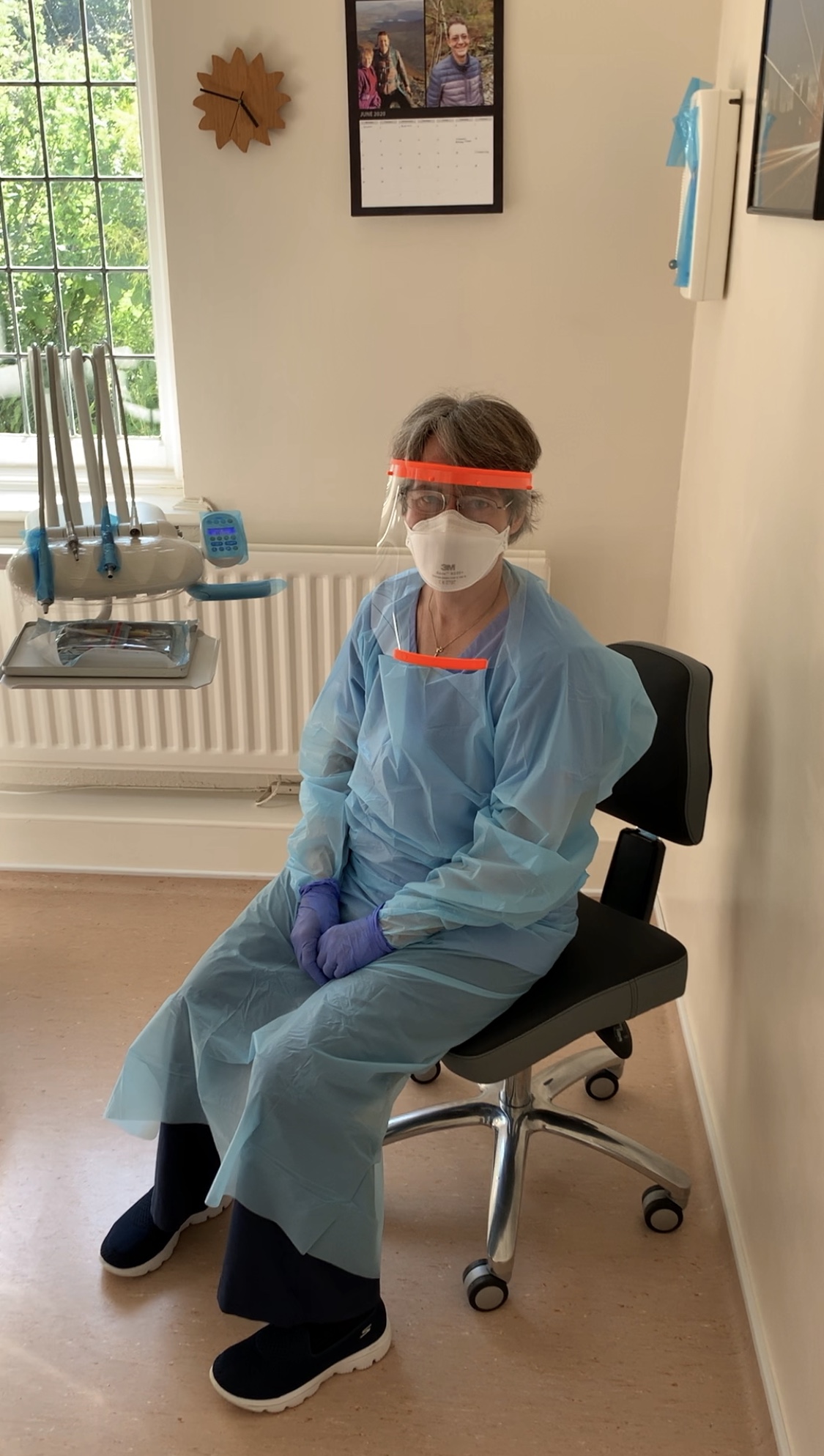Dare like Jesus: Christ-shaped courage

New series of talks starting this Sunday (19 September) at our 10.30am service
During lockdown our ministry team took part in the “ChurchNext” programme to explore what our next steps as a local church might be. One theme emerged early on: God is asking us to put a DARE behind PRAY | WELCOME | SHARE. This series is about Christ-shaped boldness, not foolhardy bravery or ostentatious derring-do.
Our courage must be grounded in the Father love of God, shown by Jesus and mediated by the Holy Spirit.
The photo at the top is a visual representation of the goal of this series: God is gently nudging us to step into the river of his purposes for us and for the world, but he will not abandon us as we do.
Future themes: The courage to …
- be compassionate
- be vulnerable
- take responsibility
- obey
- dream
- witness
- heal
Our small groups will follow the same themes. Contact our church office if you’d like to join one…

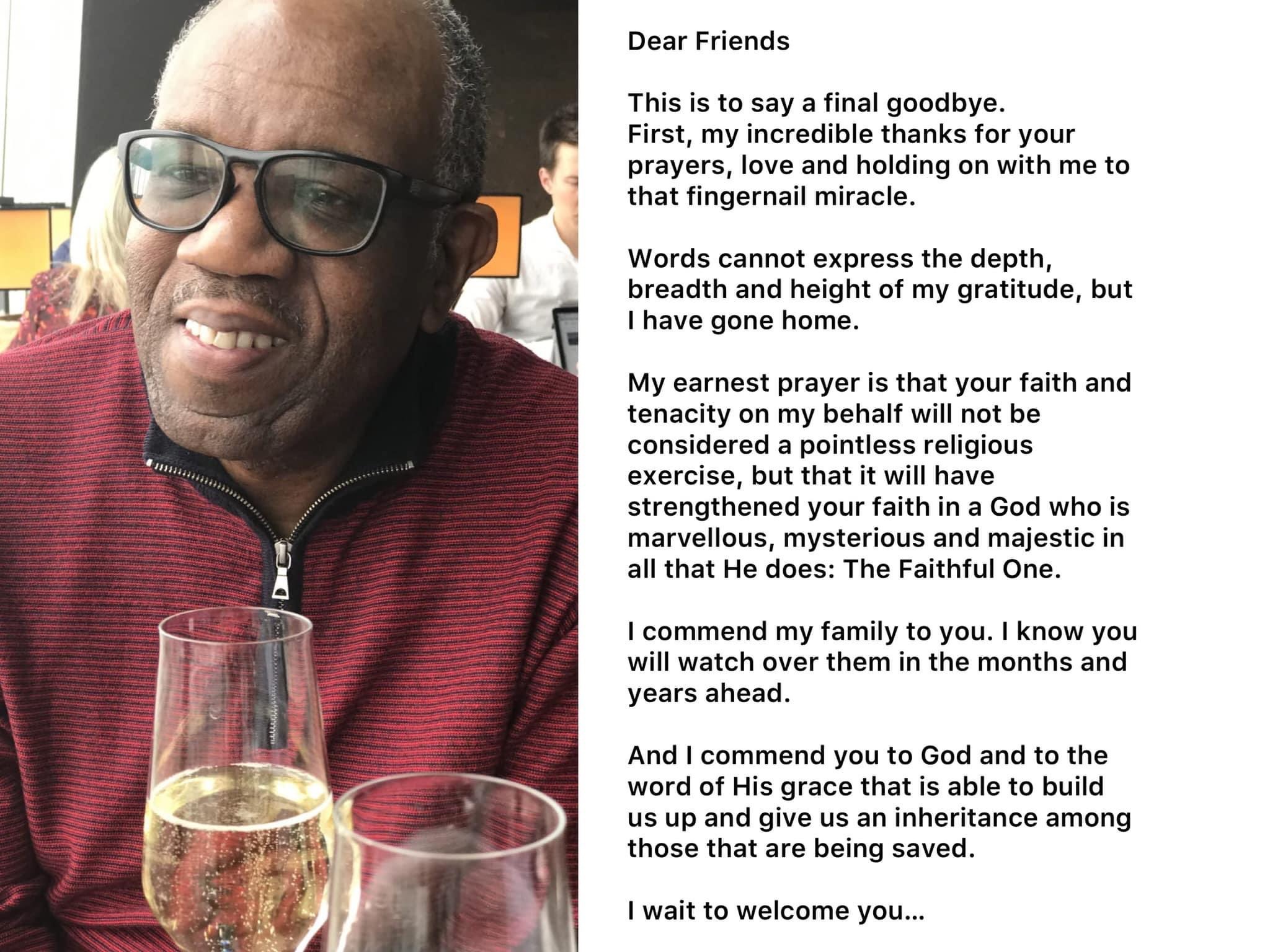



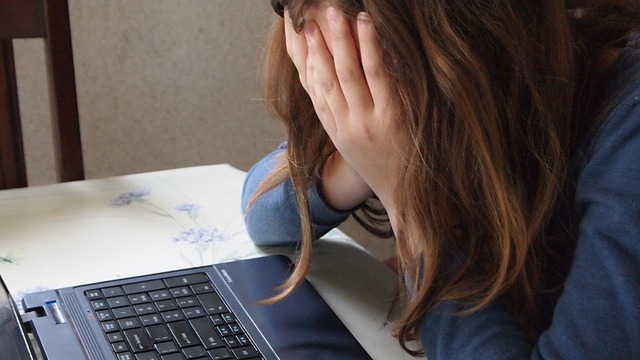
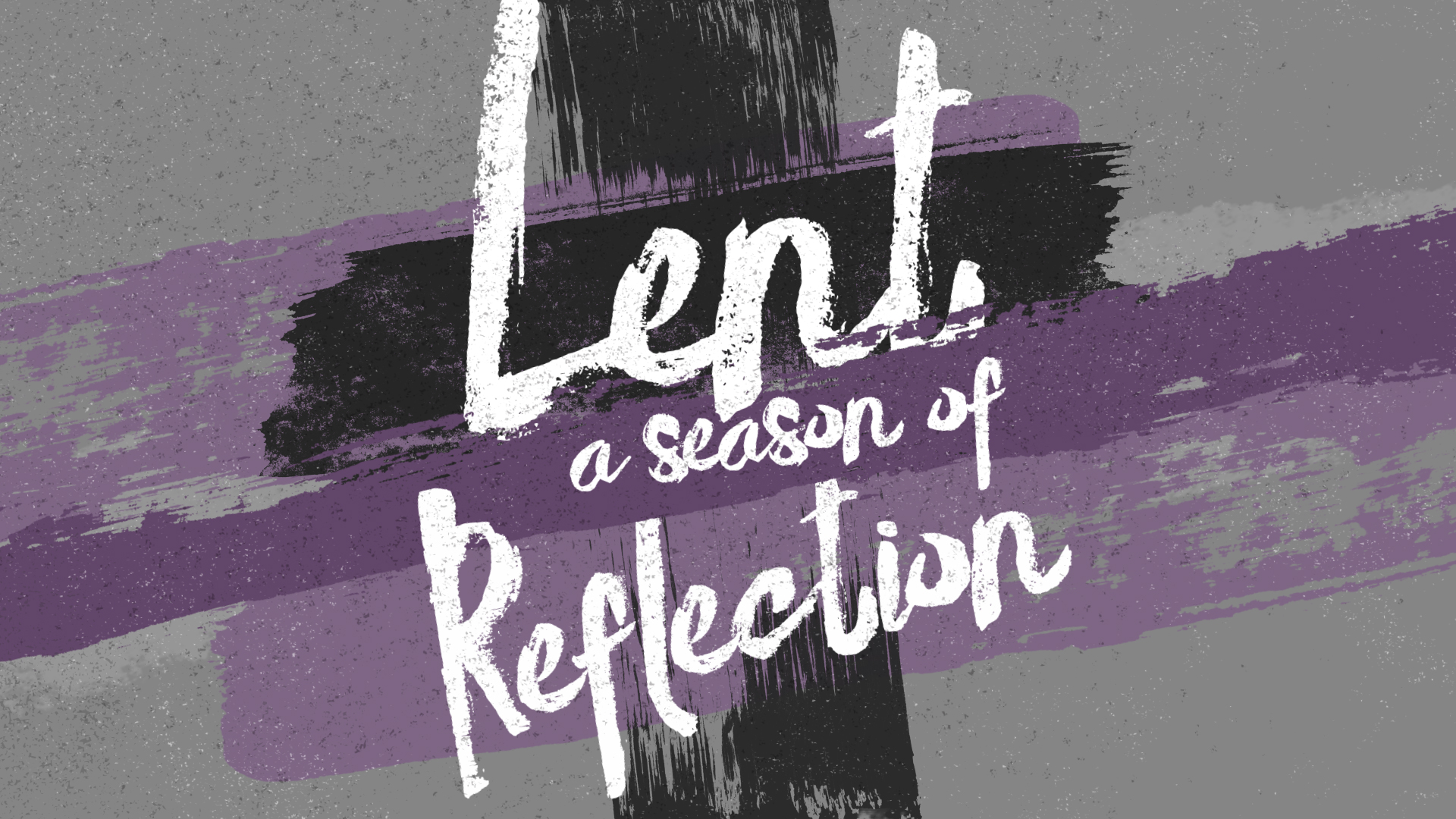
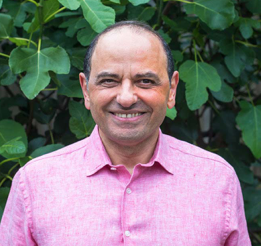 J.John
J.John